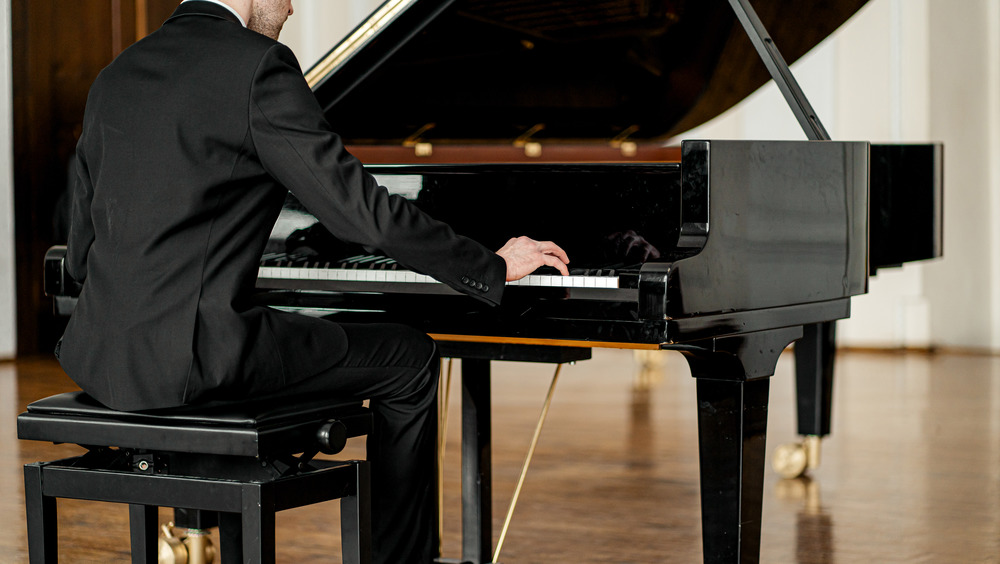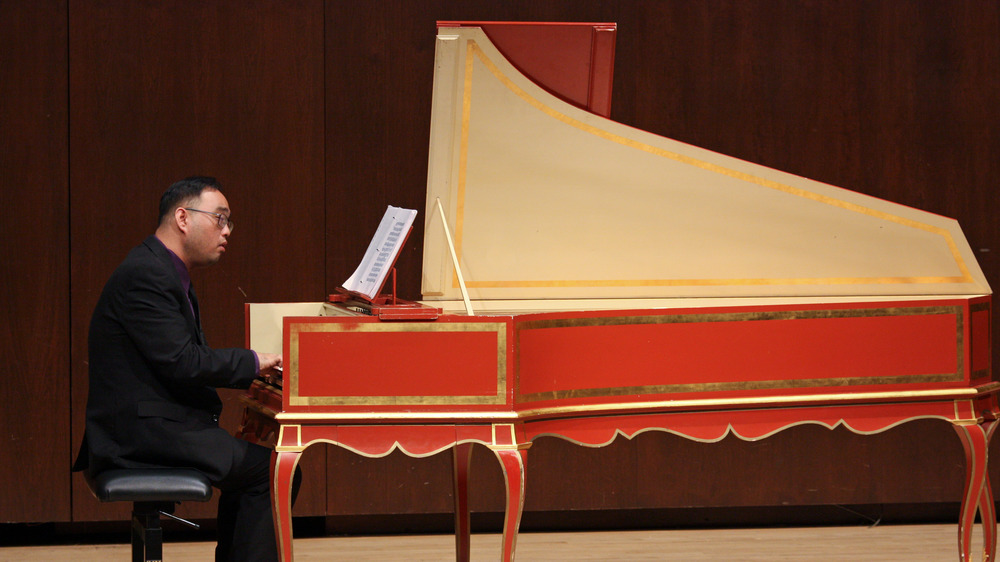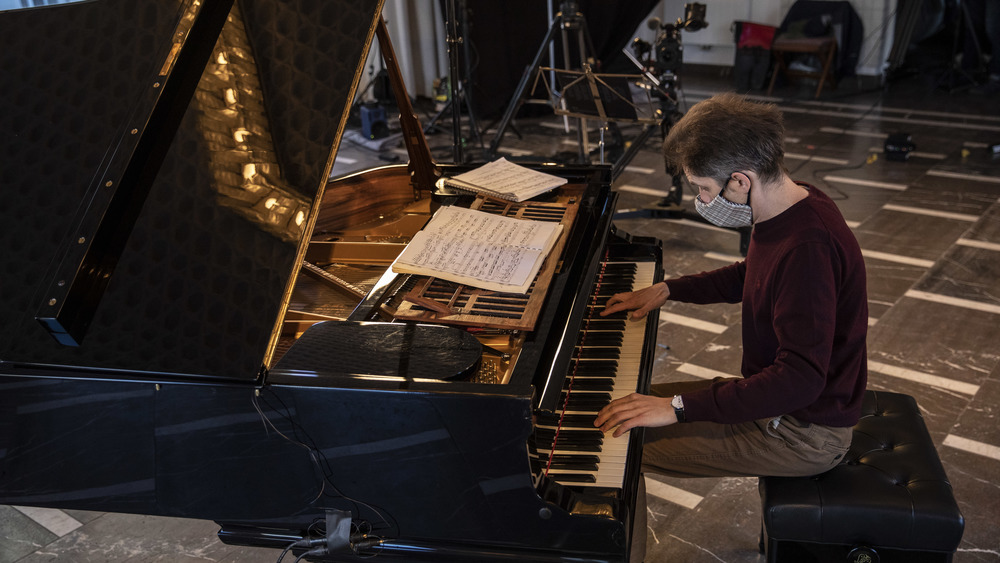The Truth About The Man Who Invented The Piano
Piano lessons are a rite of passage for many children. They sit down, and their parents hope they learn the discipline it takes to play the piano, or at least not create dissonant notes.
The piano has been around for centuries. It is the cornerstone of many memorable and timeless pieces of music. Yet, its inventor has mostly been forgotten, unlike other famous historical people who invented instruments.
Bartolomeo Cristofori is the man credited for inventing the piano back in circa 1700. Little is known about Cristofori, a harpsichord maker probably at the employ of Prince Ferdinando de' Medici, explained Vox. He was likely personally invited to work at the palace in Florence, but as with many artisans at court, Cristofori found himself kept in a small room with everyone else. He was likely only 33 years old when he went to work for the prince.
Cristofori was born in Padua, Italy, in 1655, wrote Encyclopedia Britannica, and already had a reputation as a harpsichordist early on.
The harpsichord was all the rage in the 1700s, however, it had issues that music lovers wanted improving. For one, the harpsichord couldn't play notes with different degrees of softness. Players had to find hacks to make the instrument sound a little bit quieter. According to Yamaha, Cristofori was not happy that musicians had no control over the instrument's volume. So, about 10 years into his tenure in Florence, Cristofori invented the piano.
An instrument of loud and soft
While the harpsichord is the piano's most direct ancestor, Cristofori took inspiration from many other instruments like the clavichord and the dulcimer.
From the dulcimer, a stringed instrument invented in the Middle East, the piano takes the mechanism of a small hammer hitting taut strings over a box. The clavichord and the harpsichord, though, had the most significant influence over the piano. The piano is even modeled after the harpsichord because that's what Cristofori was trying to improve on.
Cristofori debuted his first pianos in 1709, and by 1711 he had at least three available. Although, earlier versions were cataloged in Medici's belongings as early as 1700. These first pianos were called "gravicembalo col piano, e forte," which translated to a "harpsichord that can play soft and loud," per The Metropolitan Museum of Art. It soon became known as a pianoforte and later shortened to piano. The museum owns three of Cristofori's original pianos.
Many of the methods Cristofori used to make the piano, though, were considered expensive, so later manufacturers sought to refine the instrument further to make it more affordable. Initially, it took a while for the piano to catch on. But after a century, it became a sought after instrument in royal palaces all over Europe.
The museum said Cristofori's pianos sound different from today's modern grand pianos. First of all, it has a narrower range. The older pianos only had 54 keys instead of 88, and the strings produced a thinner sound.
Bartolomeo Cristofori didn't have a patent
But why has Bartolomeo Cristofori's name largely faded in the background? After all, many of the greatest masterpieces of all time were written for the piano. Beethoven even continued to compose on it after he went deaf.
Vox said it's likely because Cristofori didn't hold a patent for his invention and he was merely an employee of a powerful family. The Medici's saw Cristofori as more of a tinkerer than a genius. Cristofori did sell his pianos, but other people began making the instruments after him. It didn't help that it took years before the piano took off. It had detractors and most wealthy people still learned the harpsichord first before the piano.
When his patron, Fernando de' Medici, died, Cristofori remained at the employ of the family. He stayed in Florence until he died in 1731.
Cristofori's invention, though, has remained popular. Sure, the modern piano has undergone improvements itself, such as the addition of the foot pedals as well as more keys and strings for a better rounded sound. But as most children can attest to, the piano is usually the first instrument they learn. And hey, even if you only know how to play the opening keys of "Doe a Deer," you can still say you learned the piano.


